| Spice | Flavor Notes | Best Used In | Substitute Options |
|---|---|---|---|
| Black Bitter Seed | Bitter, herbal, garlicky | Rubs, flatbreads, pickles | Fennel + cumin mix |
| Black Pepper | Pungent, sharp, woody | Most savory dishes | Cubeb pepper |
| Nigella Seeds | Mildly bitter, nutty | Bread toppings, curries | Sesame seeds |
| Product Name | Features | Advantages | Use Cases | Audience | Occasions |
|---|---|---|---|---|---|
| Organic Nigella Sativa Seeds – PureHarvest | USDA certified organic, non-GMO, raw seeds | Great aroma, long shelf life | Curries, breads, herbal infusions | Home cooks, vegetarians, health enthusiasts | Everyday cooking, wellness routines |
| Black Bitter Seed Blend – EarthSpice Co. | Premixed with mild herbs for balanced flavor | Ready-to-use, no grinding required | Rubs, marinades, roasted veggies | Busy cooks, beginners | Quick meals, dinner parties |
| Exotic Spices Premium Pack – GlobalTaste | Includes black bitter seed + 5 other exotic spices | Great value, perfect for experimenting | International recipes, fusion cuisine | Foodies, adventurous home chefs | Cooking experiments, gifting |
Black bitter seed, also known as Nigella sativa or kalonji, is a small black seed with a distinctive bitter, herbal flavor. It's often confused with black sesame seeds but has a more complex taste profile with pine-like notes and subtle garlic undertones.
What exactly is black bitter seed? This ancient spice has been used for centuries in traditional medicine and culinary applications across the Middle East, South Asia, and North Africa. Despite its name, it's not related to black pepper but belongs to the buttercup family. The seed's bitterness is actually part of its appeal when used properly.
Let's dive into the most important information you need to know about black bitter seed:
Flavor Profile: The black bitter seed offers a complex blend of flavors: bitter (as the name suggests), herbal, with pine-like notes and subtle garlic undertones. It has a mild peppery heat that builds on the palate but isn't spicy-hot.
Health Benefits: Research shows black bitter seed (Nigella sativa) contains thymoquinone, which has anti-inflammatory properties, antioxidant effects, and may support digestive health. It's been used traditionally for immune support and to help manage blood sugar levels.
7 Best Culinary Uses:
- Flatbread perfection: Sprinkle generously over naan, focaccia, or pita before baking for an aromatic crust.
- Meat rubs: Combine with paprika, garlic powder, and salt for a bold rub that complements lamb and chicken beautifully.
- Pickling magic: Add to brines for pickled vegetables to create complex, layered flavors.
- Curry foundation: Toast the seeds lightly before adding them to lentil or vegetable stews for deeper flavor.
- Cheese enhancement: Mix into soft cheese spreads or compound butter for an intriguing bitter note.
- Bread baking: Incorporate into rye or whole grain bread dough for a sophisticated flavor profile.
- Yogurt marinades: Blend with yogurt, lemon, and garlic for a tenderizing meat marinade with subtle bitterness.
How to Use It Properly:
- Start with 1/4 to 1/2 teaspoon for most dishes serving 4-6 people. Its flavor is potent, and a little goes a long way.
- Always toast the seeds lightly in a dry pan for 1-2 minutes before use to unlock their aromatic oils and mellow the bitterness.
- Pair with robust ingredients like lamb, eggplant, yogurt-based sauces, or hearty grains.
Storage Tips:
- Store in an airtight container in a cool, dark place like a pantry.
- Whole seeds maintain their potency for up to 2 years, while ground seeds should be used within 6 months.
- For maximum longevity, store in the refrigerator or freezer.
- Grind only when needed for maximum potency.
Where to Buy:
- Local Middle Eastern or Indian grocery stores: These often carry fresh, high-quality seeds at great prices.
- Online marketplaces like Amazon or Etsy: Great for convenience and variety.
- Health food stores: Look for organic or cold-pressed versions for better quality.
Don't be put off by the "bitter" label—when used thoughtfully, this seed can transform your meals and become a secret weapon in your kitchen arsenal. Start small, experiment boldly, and discover why this ancient spice is making a comeback.
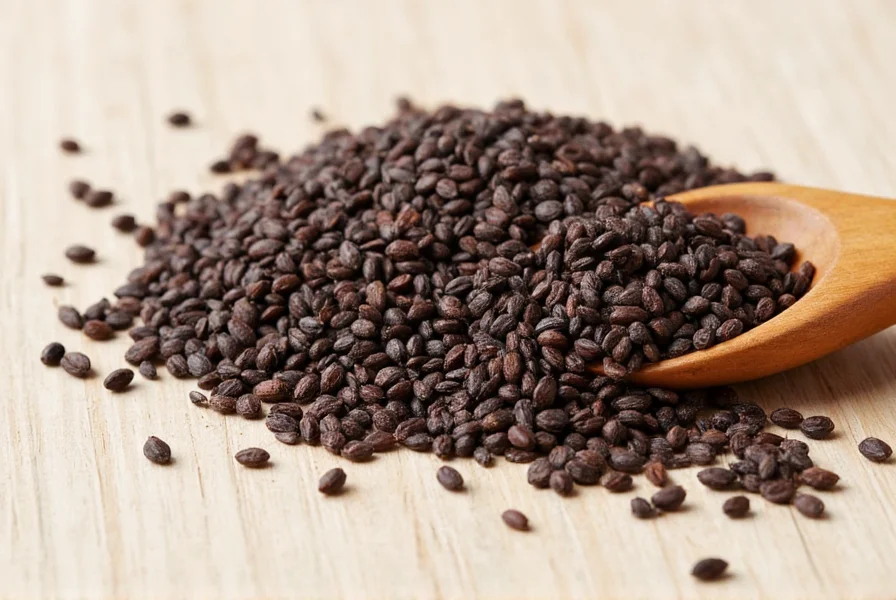
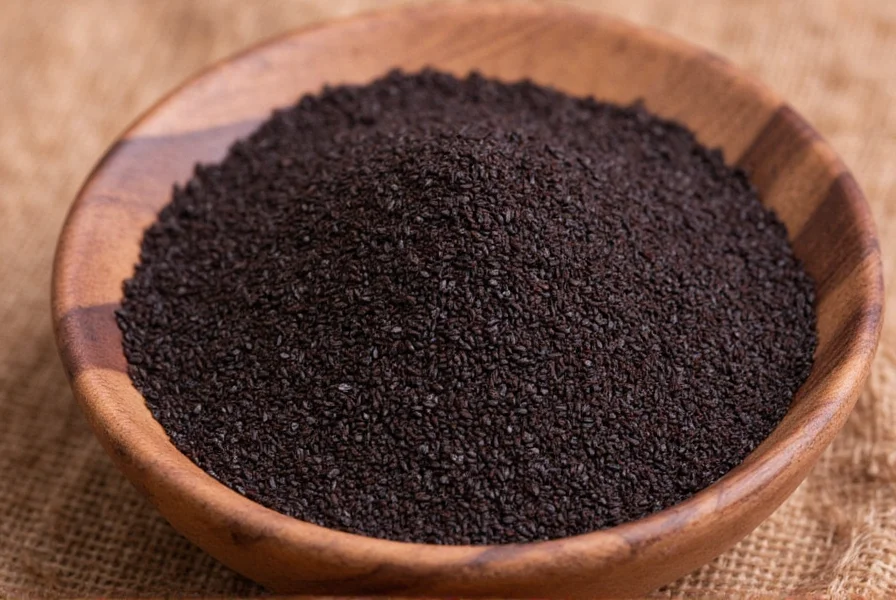
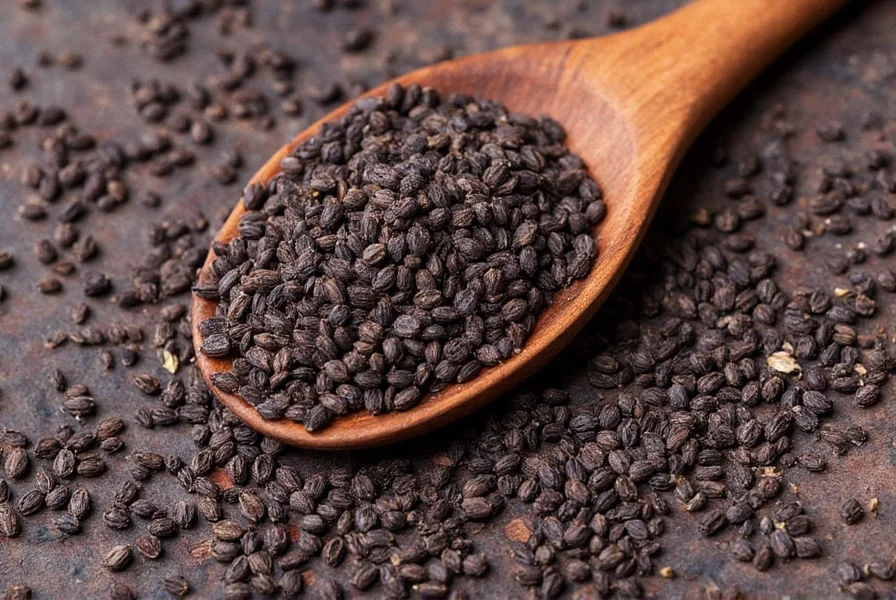
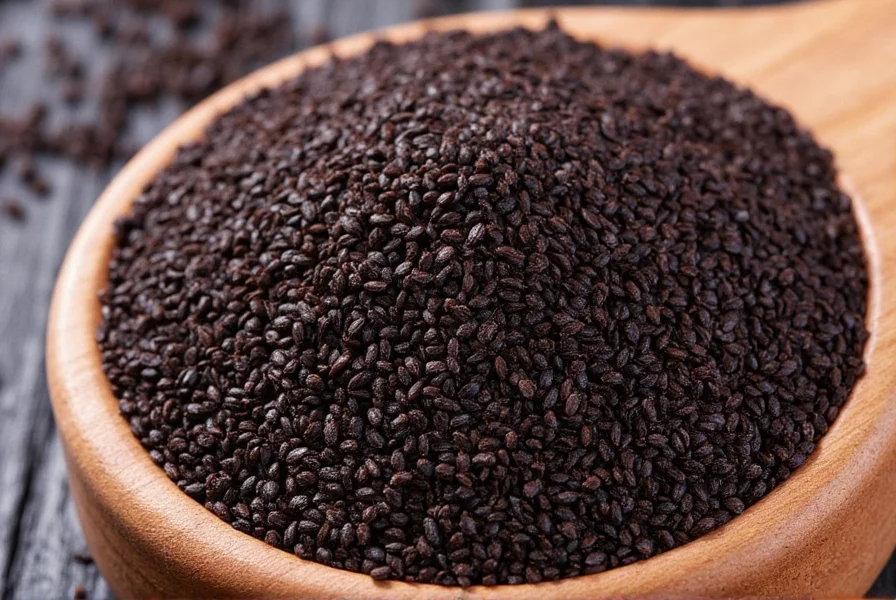

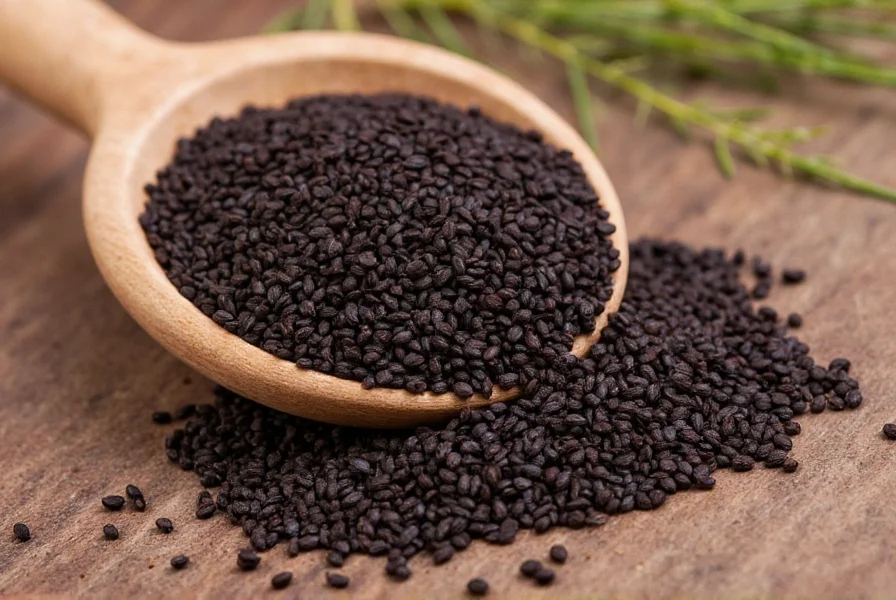









 浙公网安备
33010002000092号
浙公网安备
33010002000092号 浙B2-20120091-4
浙B2-20120091-4